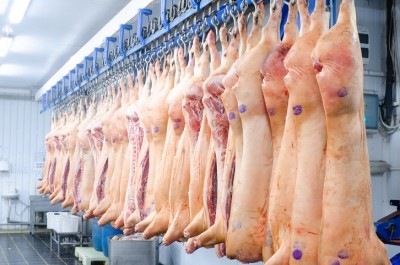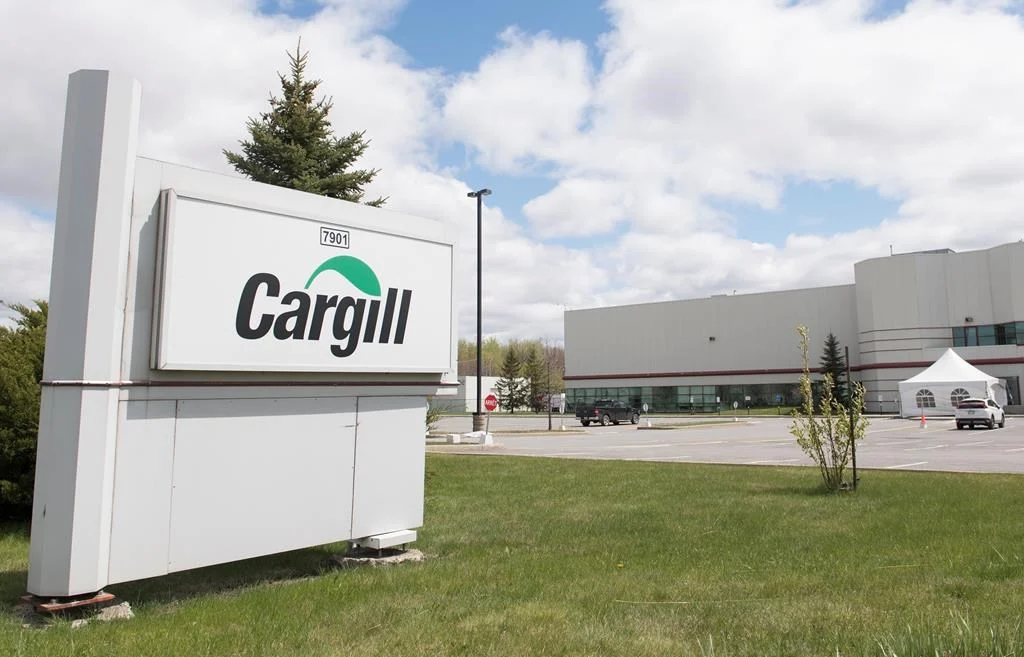By Sarah George
The US and EU paid £35bn of subsidies to meat and dairy farmers between 2014 and 2020, compared with just £33m of public spending on plant-based alternatives.
This is despite warnings from international climate scientists that meat and dairy consumption will need to decline in wealthy countries in the coming decades if the net-zero transition is to be delivered and the worst physical impacts of the climate crisis avoided.
The findings are headlines of a new study published in the journal One Earth this month by researchers at Stanford University.

According to the researchers, livestock farmers received public funding that absolutely dwarfed the funding provided to plant-based protein and cultivated meat firms over the 2014 to 2020 period. Subsidies were 1,200 times higher for meat and dairy in the EU and 800 times higher in the US.
Funding was also far higher in both markets for R&D relating to animal proteins than to novel technologies. 97% went to animal farming and the majority went towards projects seeking to expand production and/or make production more efficient.
The researchers attributed this discrepancy to the meat and dairy industry using “gigantic political influence” to lobby to preserve or even expand historic subsidy schemes, just as climate experts are warning that they must be reduced.
At the same time, the sector has been lobbying against proportional subsidies for plant-based protein and cultivated meat. At present, these products account for 1.5-2% of the market in the EU and US – but they receive just 0.1% of central government subsidies.

The study states that “powerful vested interests exerted their political influence to maintain the system unchanged and to obstruct competition created by technological innovations”.
** Click here to read the full-text **








